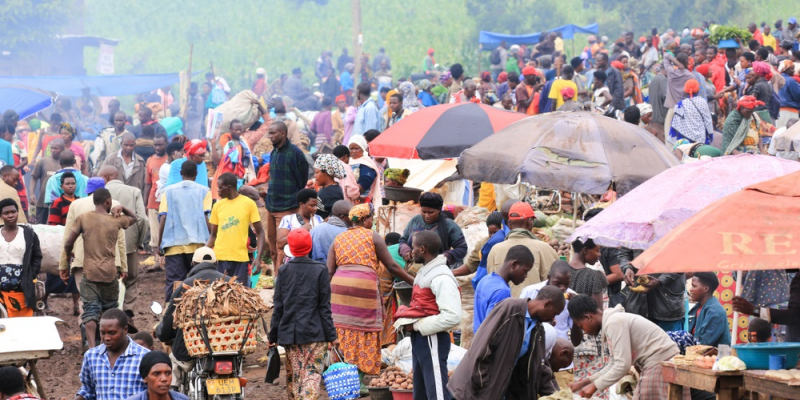
Studies of Kaposi’s sarcoma-associated herpesvirus (KSHV) in Africa
Population-based multidisciplinary work on Kaposi’s Sarcoma associated Herpesvirus (KSHV) is a cornerstone of our activity and is unique on the continent.
Background
Kaposi’s Sarcoma (KS) remains one of the most common cancers in sub-Saharan Africa (SSA), though it is rare in the UK. In order for any person to develop the KS cancer they must first have the virus KSHV. In sub-Saharan Africa, KSHV is highly prevalent in the population.
The variation in global prevalence of KSHV strongly suggests that factors common to SSA, but rare elsewhere, are creating this high high burden in the population. These factors sustain high levels of transmission and disease on the continent.
KSHV and Uganda
We have shown that the highest prevalence of KSHV in the world is in rural Uganda, where infection remains active within individuals. Various environmental factors, such as co-infection with malaria, increase the replication of KSHV. This leads to enhanced transmission from person-to-person, via saliva and also increases risk of KS.
The research
We are working to identify:
- factors that enhance susceptibility to infection
- approaches for reducing levels of KSHV in saliva and in blood,
with a view to developing targeted interventions to reduce the burden of Kaposi’s Sarcoma.
Publications
Comparison of Epstein–Barr virus and Kaposi’s sarcoma-associated herpesvirus viral load in peripheral blood mononuclear cells and oral fluids of HIV-negative individuals aged 3–89 years from Uganda, Infectious Agents and Cancer, 2023
Kaposi sarcoma-associated herpesvirus, HIV-1 and Kaposi sarcoma risk in black South Africans diagnosed with cancer during antiretroviral treatment rollout, International Journal of Cancer, 2023
Environmental determinants of Kaposi's sarcoma-associated herpesvirus (KSHV) transmission in rural Uganda (ENDKU study): Contributions to research on KSHV infection and reactivation in African children; A longitudinal cohort study, Cancer Epidemiology, 2022
Kaposi’s sarcoma-associated herpesvirus T cell responses in HIV seronegative individuals from rural Uganda. Nature Communications, 2021
Risk Factors for Kaposi's Sarcoma-Associated Herpesvirus DNA in Blood and in Saliva in Rural Uganda. Clinical Infectious Diseases, 2020
